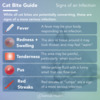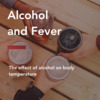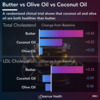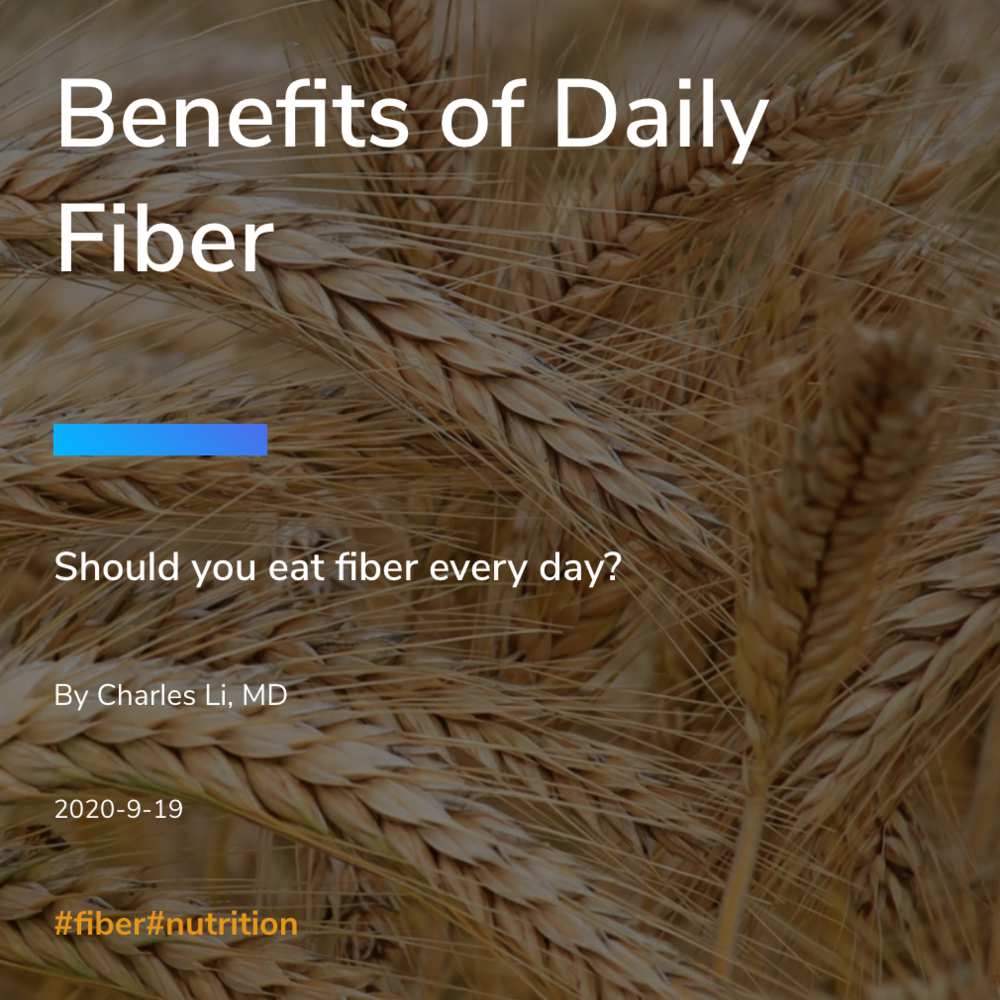

1. Eating Fiber Each Day = Longer Life
Studies have shown that eating more fiber each day may help you live longer. Those who eat more fiber have a lower risk of death.

2. Where to get fiber
Fruits, vegetables, and whole grains are great sources of your daily fiber. Legumes such as peas and lentils are the best sources of all.
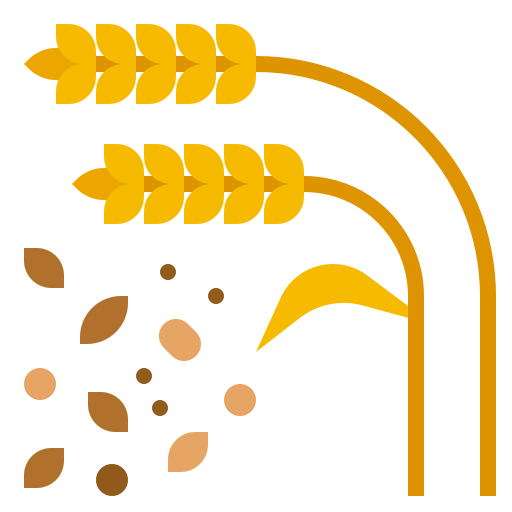
3. Benefits of Fiber
Daily fiber has been linked to all sorts of unexpected benefits, including a lower risk of diabetes and a lower risk of colon cancer.
Why Fiber Matters
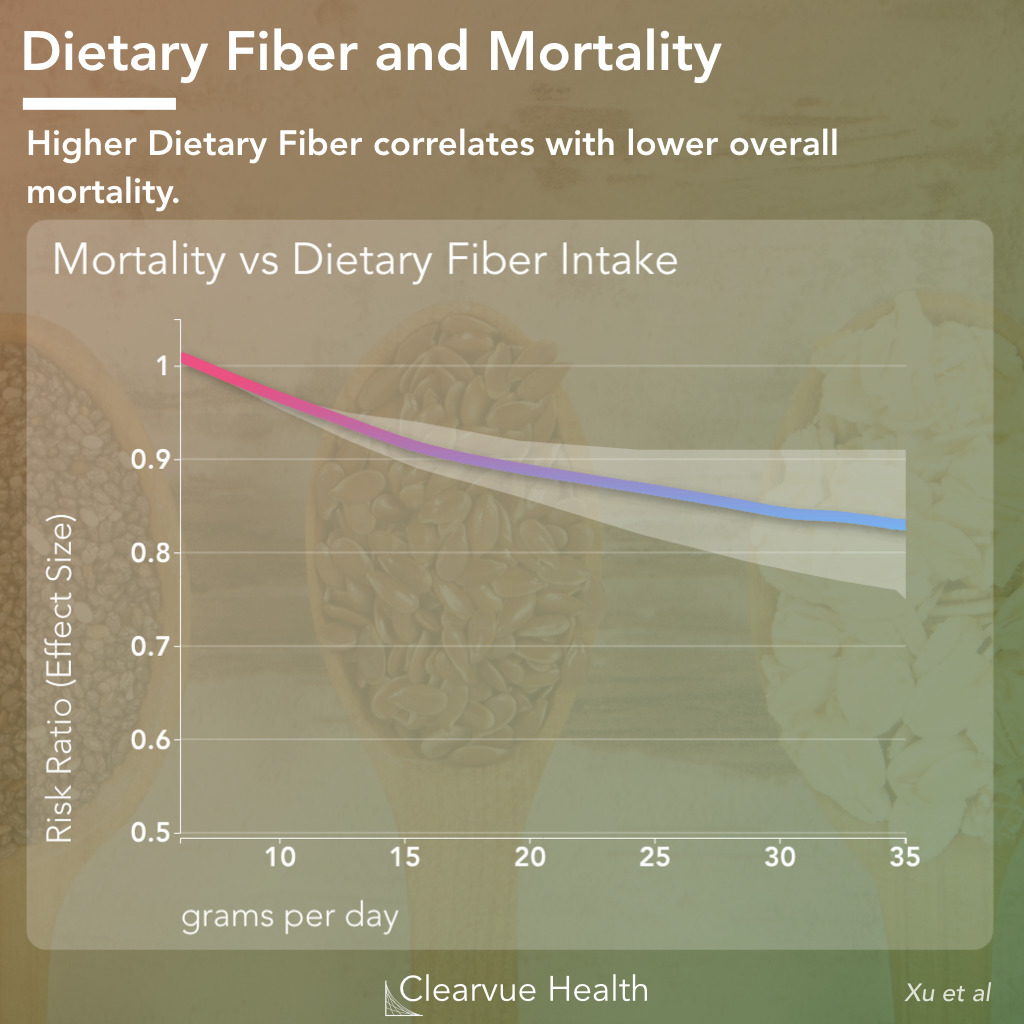
Dietary Fiber and Overall Mortality. Individuals who ate dietary fiber of any substantial amount had a significantly lower risk of overall mortality than individuals who did not eat any fiber. Individuals who ate more than 30 grams a day had an approximately 15% lower risk of overall mortality.. The colored line represents estimated mortality risk. The area around the line represents the margin error for this risk. The data was generated based off of a meta-analysis of 135 million person-years of data from 243 studies.
How Much Fiber Per Day?
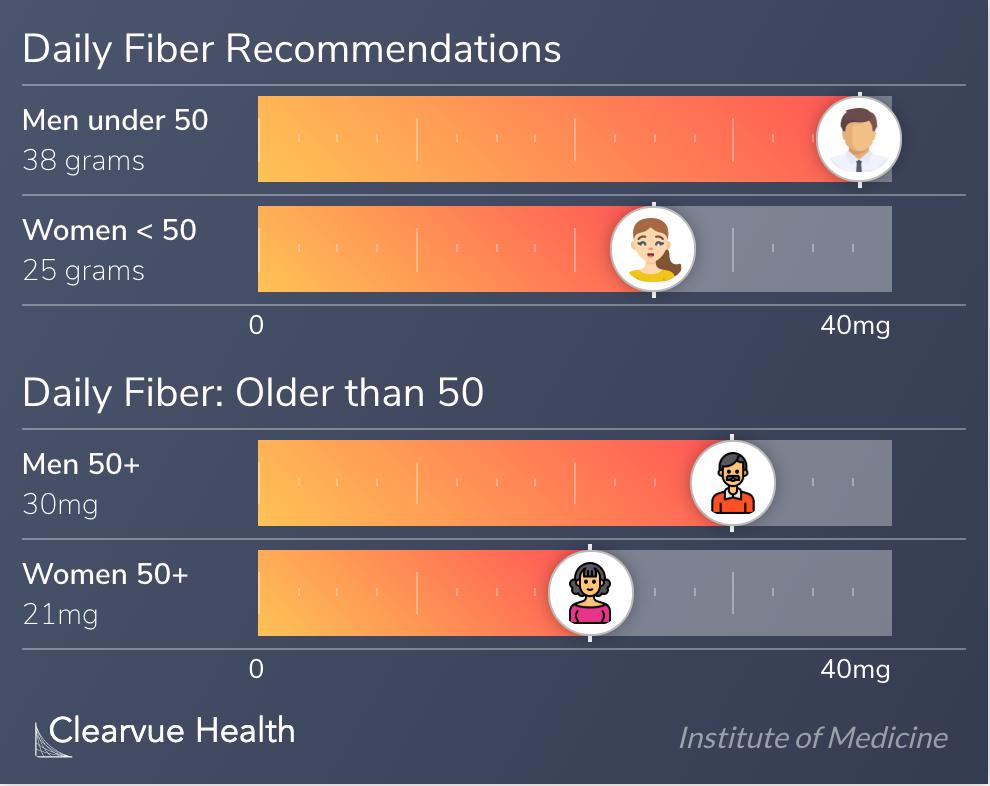
Where to get fiber?
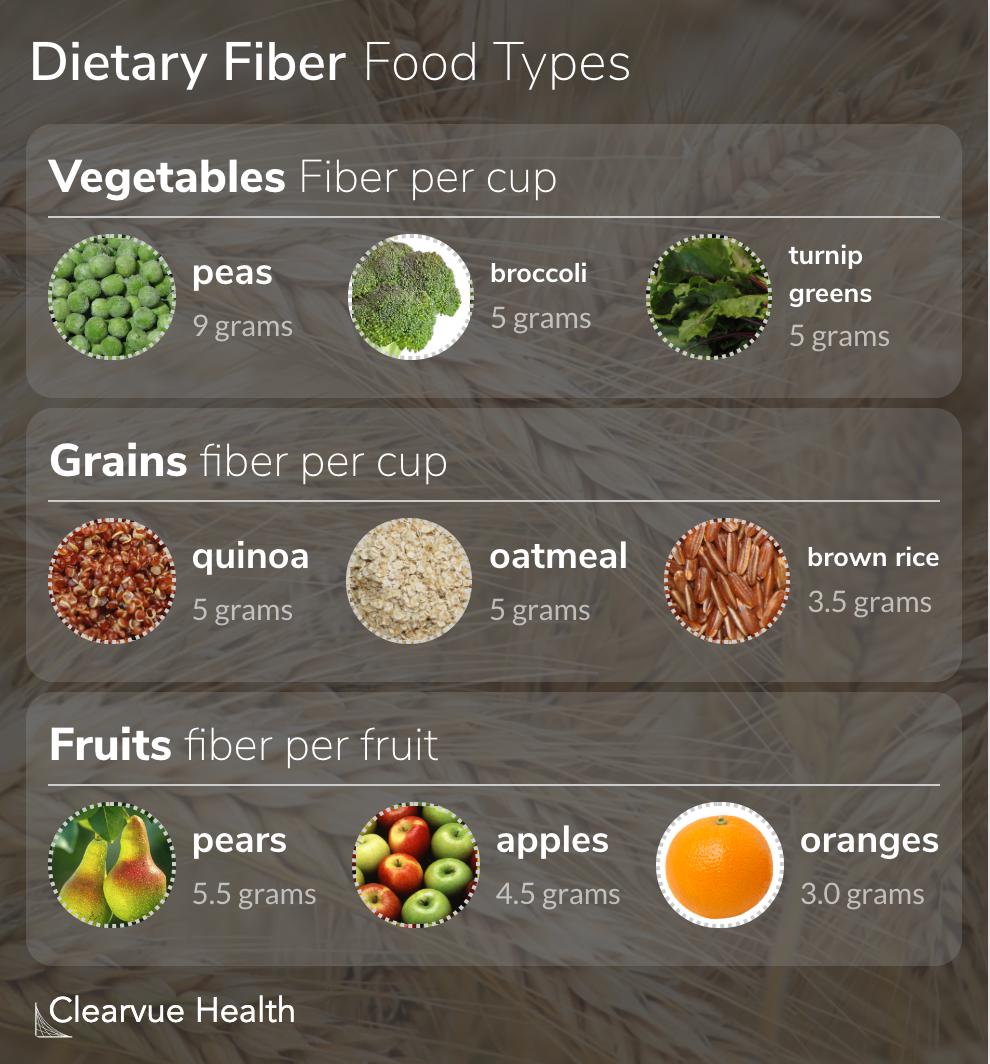
Fiber and Diabetes
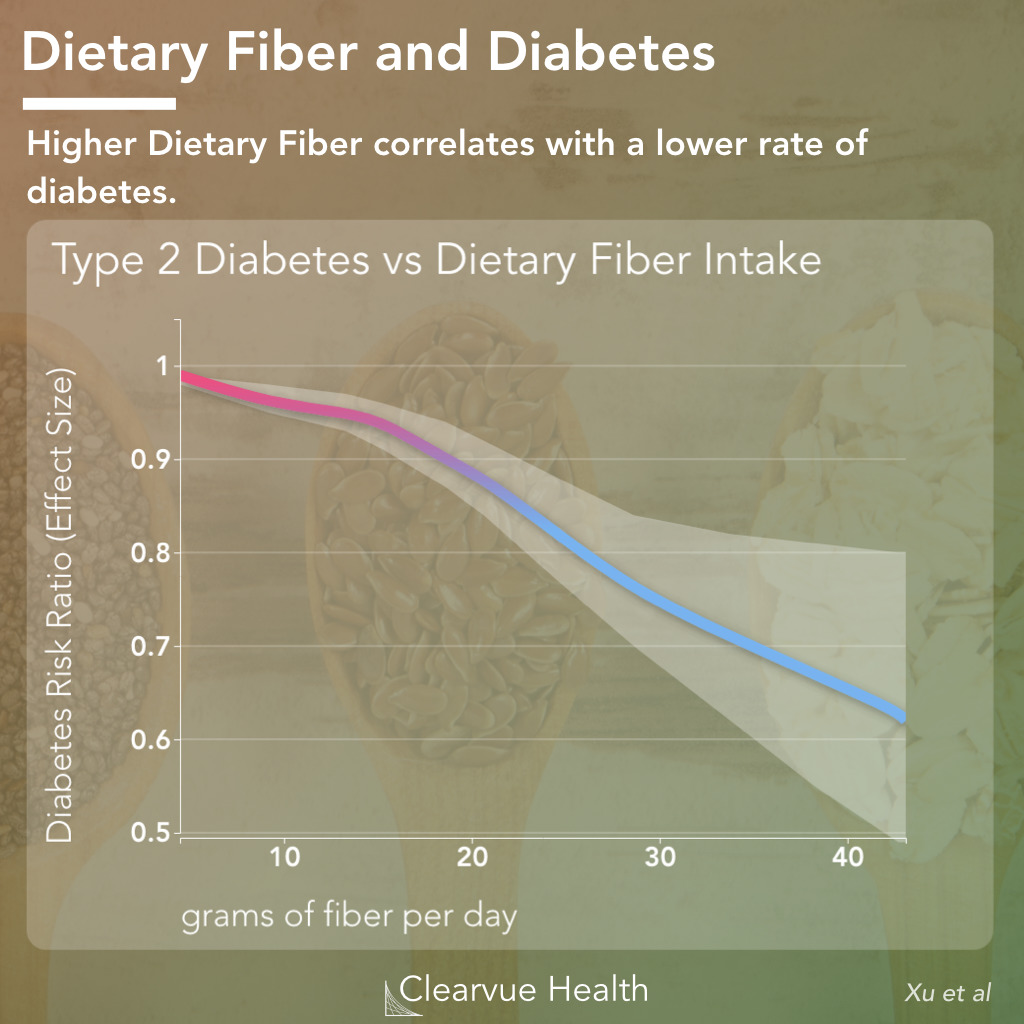
Dietary Fiber and Diabetes. Individuals who ate dietary fiber of any substantial amount had a significantly lower risk of diabetes than those who did not according to a meta-analysis. Individuals who ate more than 20 grams a day had a dramatically lower risk of developing type 2 diabetes. The colored line represents estimated type 2 diabetes risk. The area around the line represents the margin error for this risk. The data was generated based off of a meta-analysis of 135 million person-years of data from 243 studies.
Data Source
"Dose-response curves suggested that higher intakes of dietary fibre could confer even greater benefit to protect against cardiovascular diseases, type 2 diabetes, and colorectal and breast cancer."
Fiber and Colorectal Cancer
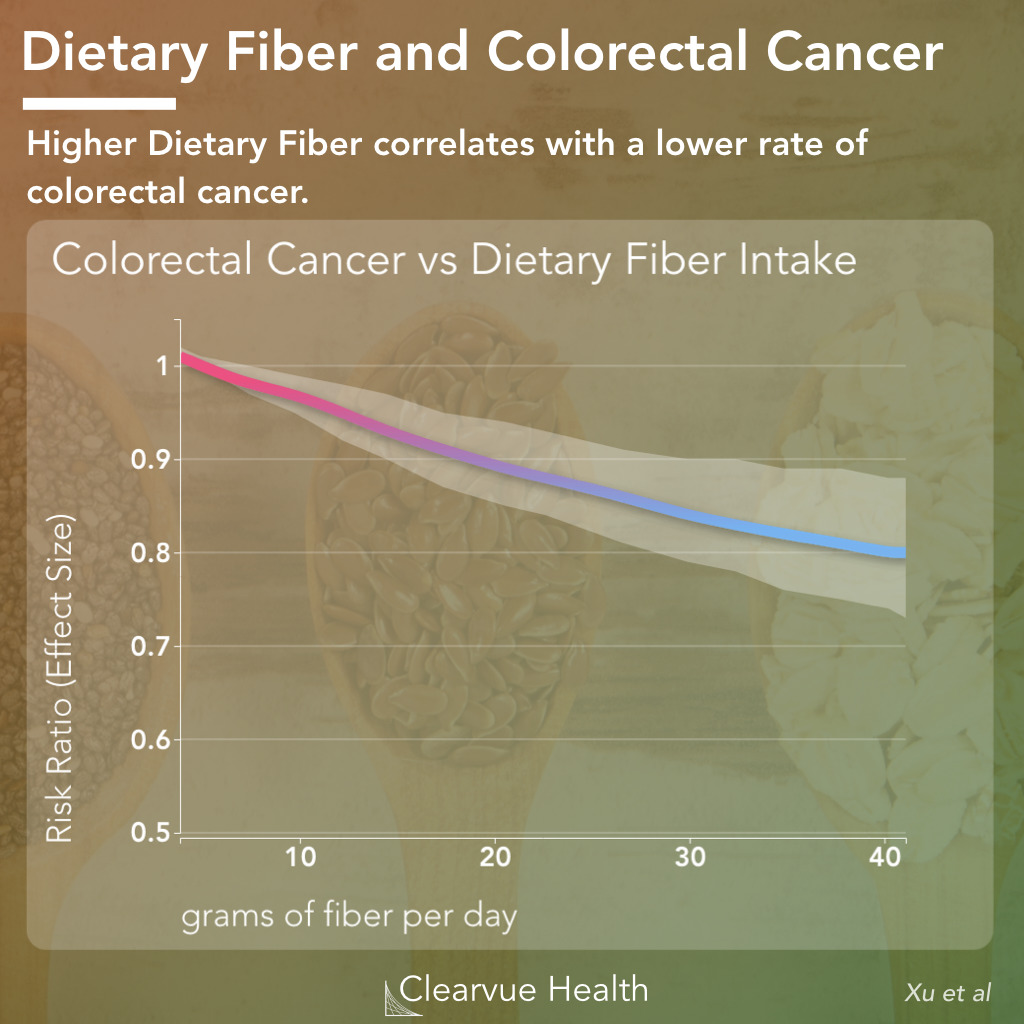
Dietary Fiber and Colorectal Cancer. Individuals who eat more than 5-10 grams of dietary fiber per day had a significantly lower risk of colorectal cancer than individuals who did not eat any fiber. Individuals who ate 30 grams or more per day had an approximately 20% lower risk of colorectal cancer. The colored line represents estimated colorectal cancer risk. The area around the line represents the margin error for this risk. The data was generated based off of a meta-analysis of 135 million person-years of data from 243 studies.
Top Sources of Fiber
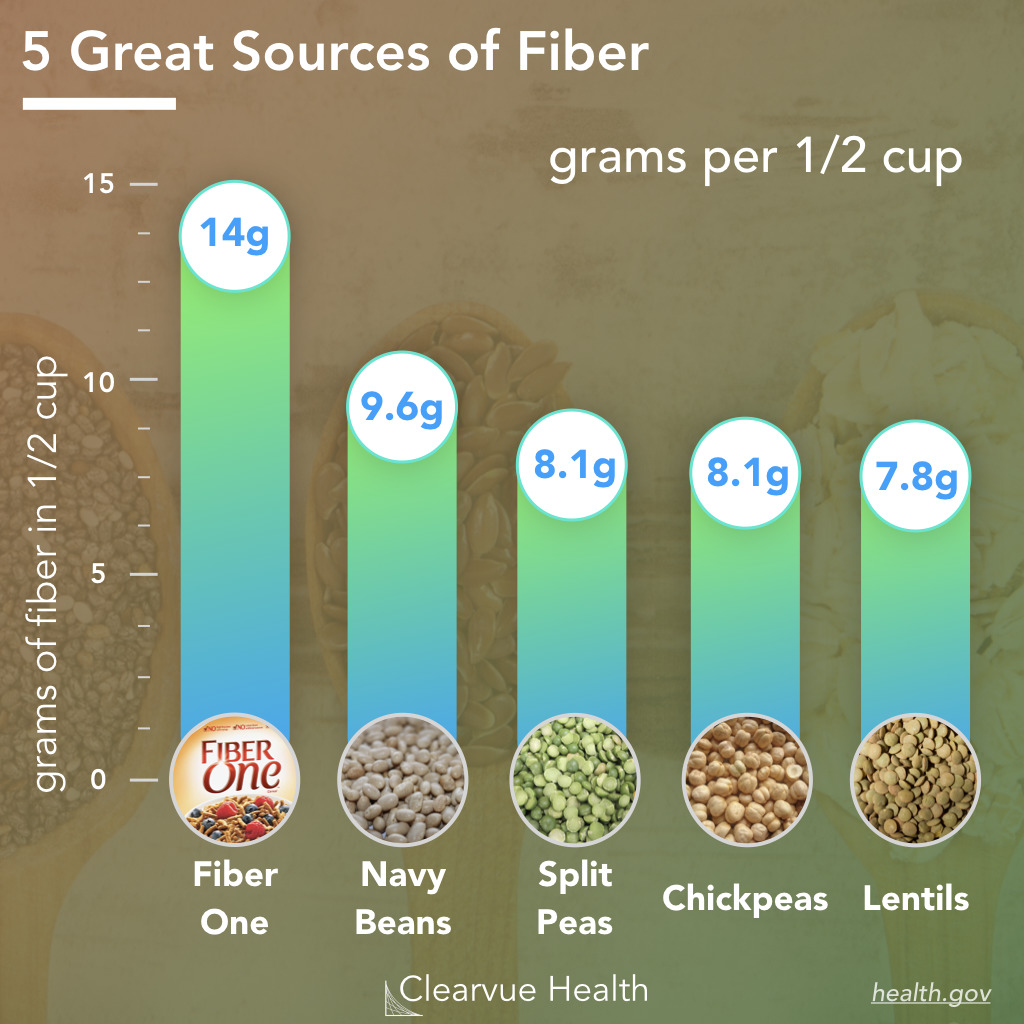
5 Great Sources of Dietary Fiber. Other than high fiber cereals, which have lots of added dietary fiber, the best sources of fiber include beans and legumes. Peas, Chickpeas, and Lentils all have about 8 grams of fiber per half cup.

#nutrition
Scroll for more ->
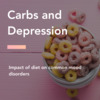


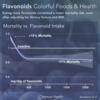
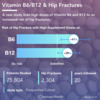
#new
Scroll for more ->








